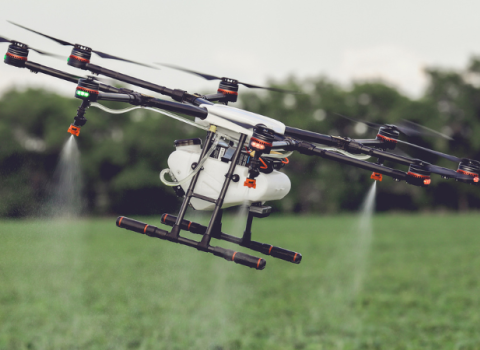
At a meeting last week in Jeju, Korea, the heads the Korean Intellectual Property Office (KIPO, the European Patent Office (EPO) the Japan Patent Office (JPO), the State Intellectual Property Office of the People's Republic of China (SIPO), and the United States Patent and Trademark Office (USPTO) set out a vision for future cooperation among the five offices.
The aims are: elimination of unnecessary duplication of work among the offices; enhancement of patent examination efficiency and quality; and to guarantee of the stability of international patent rights
The statement provides the basis for setting up a cooperative framework to support ten practical Foundation Projects to facilitate the work-sharing initiative.
International trade barriers are decreasing and a growing number of inventors aim to protect their Intellectual Property in several parts of the world. As a result, applications for the same invention are often filed in more than one patent office, which leads to redundant search and examination work on the same patent at separate offices.
Currently up to 250, 000 applications are filed at two or more of the five offices per year and patent examination work could be reused by another office.
This situation is leads to a growing number of pending patent applications and prolonged pendency periods. According to the office heads, the delay in granting patents also hinders the promotion of innovation, an intrinsic function of the patent system.
The solution lies in an integrated sharing of resources and infrastructure among the offices. This will create synergies, including enhancing the quality of patent examinations on duplicate applications and heightening the overall efficiency of the patenting process at lower cost.
The heads of the patent offices promise patent applicants that this will mean substantial benefits such as quicker processing and increased savings.
Each of the five patent offices will each lead two of ten Foundation projects over the coming years. These aim to harmonise the global environment for patent searches and examination, and to enable work-sharing among the five offices.





 A unique international forum for public research organisations and companies to connect their external engagement with strategic interests around their R&D system.
A unique international forum for public research organisations and companies to connect their external engagement with strategic interests around their R&D system.